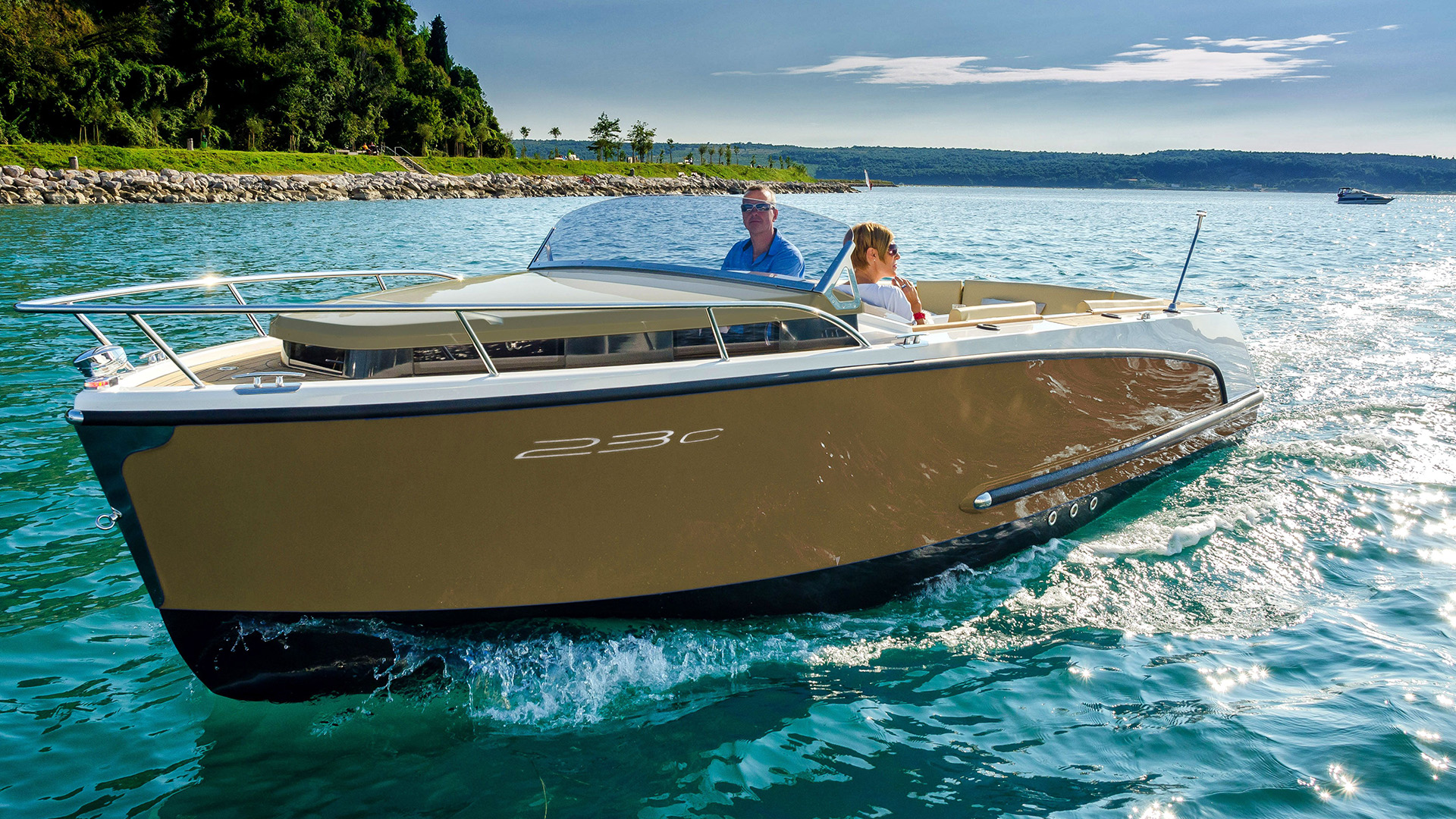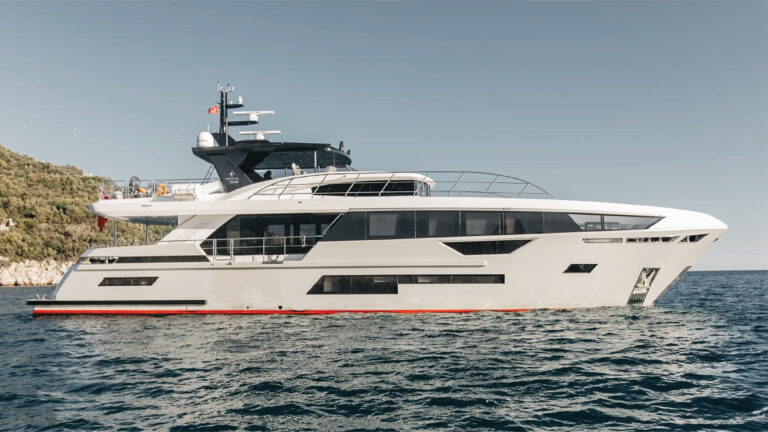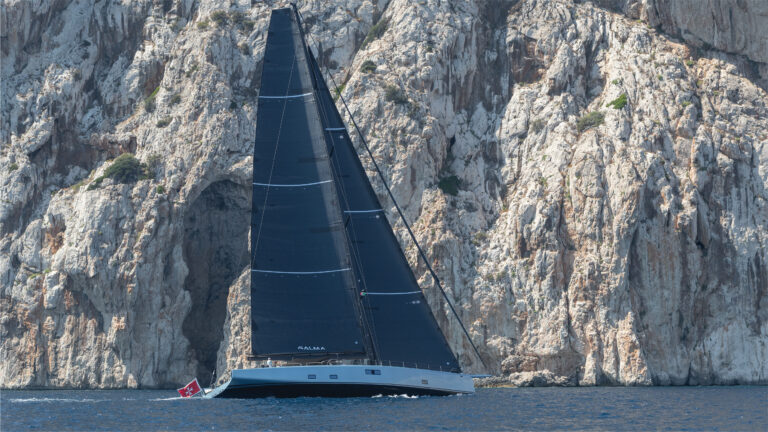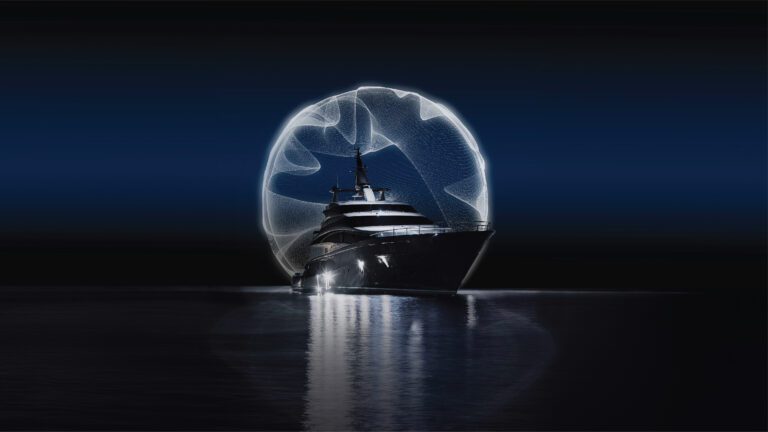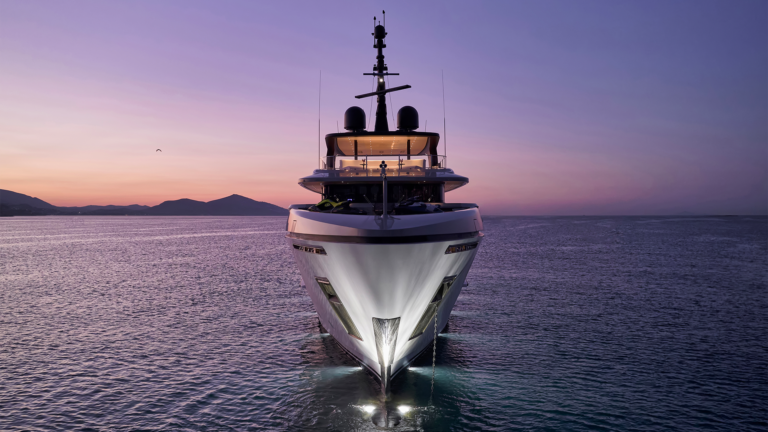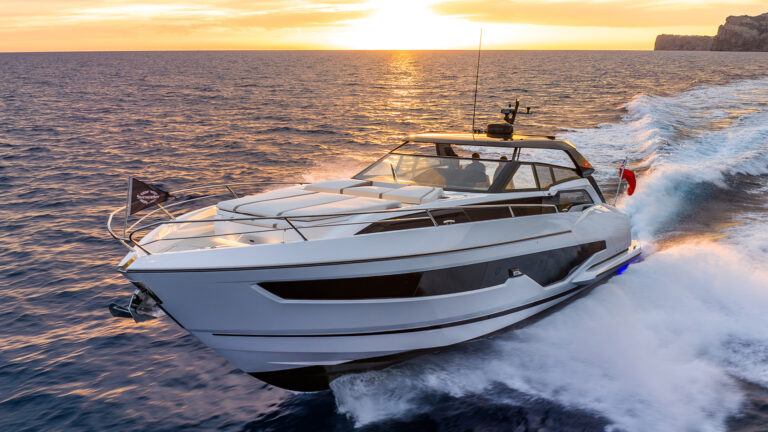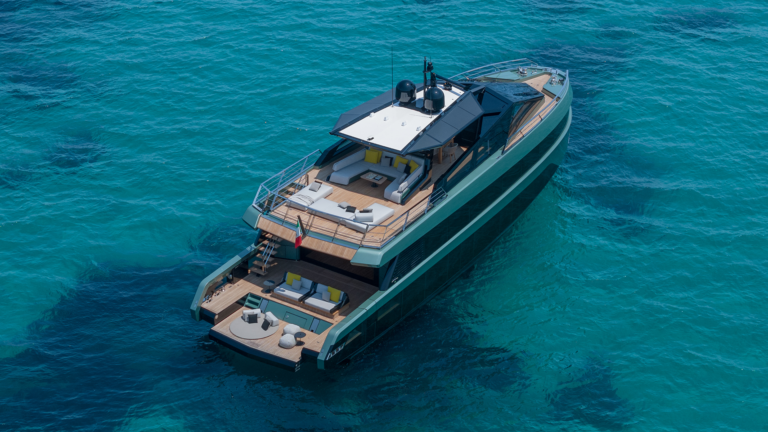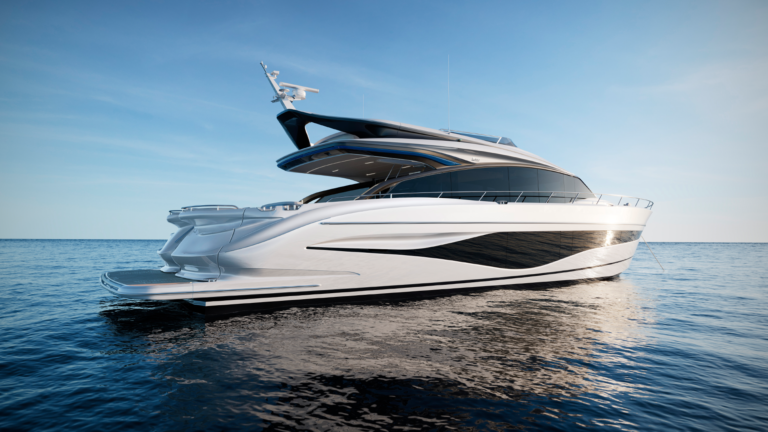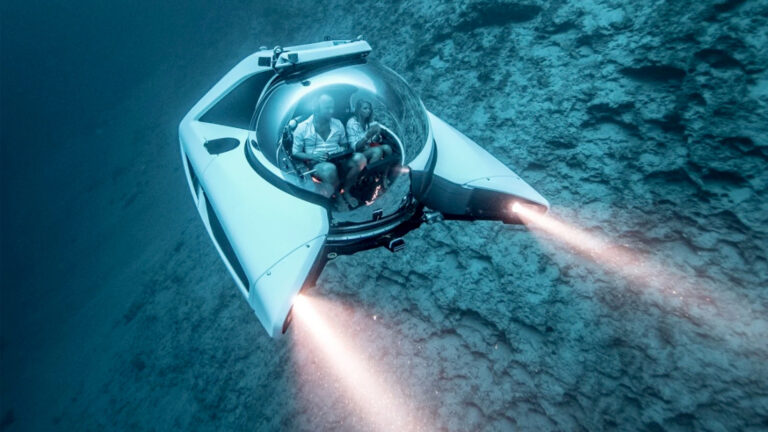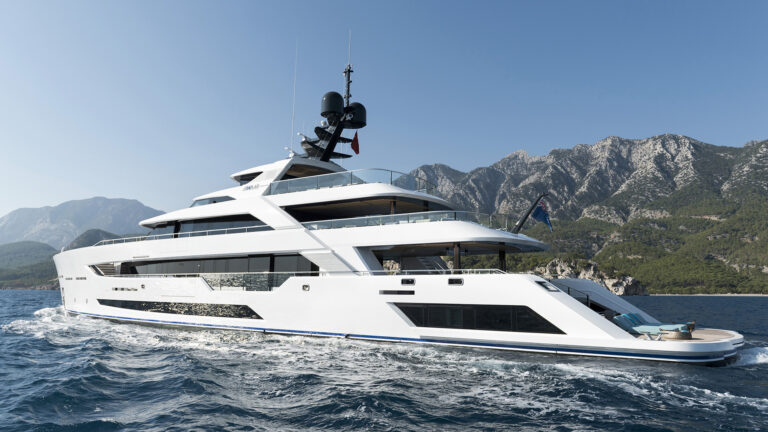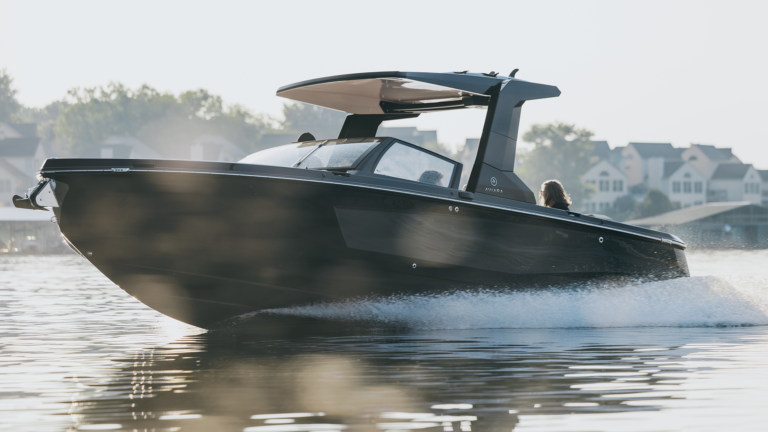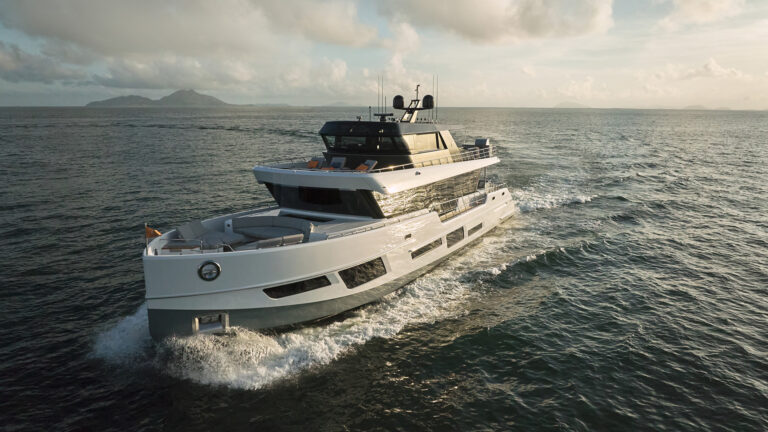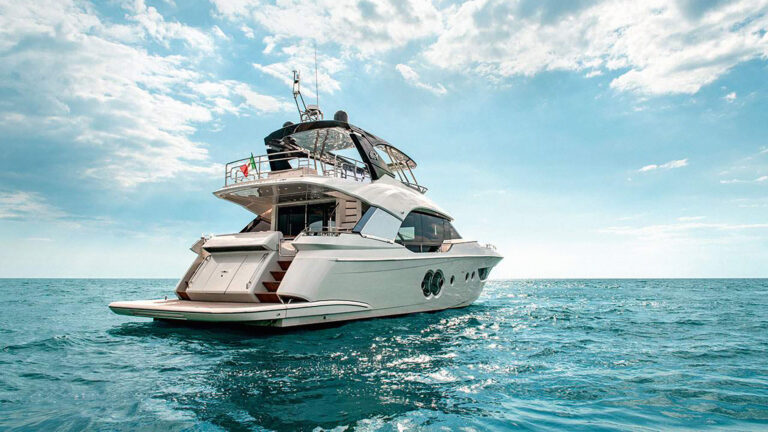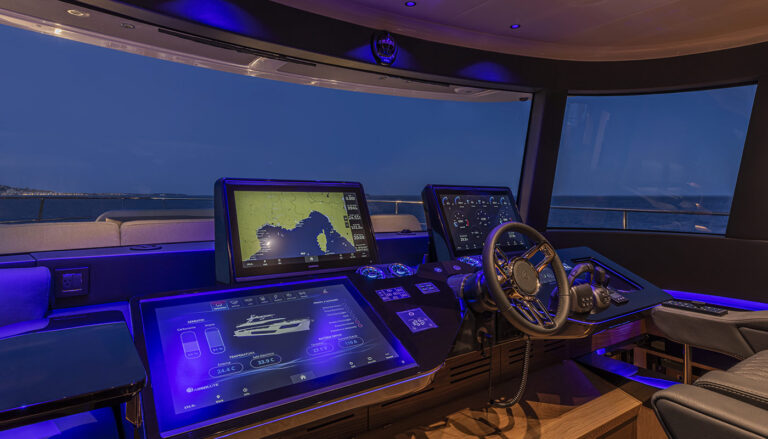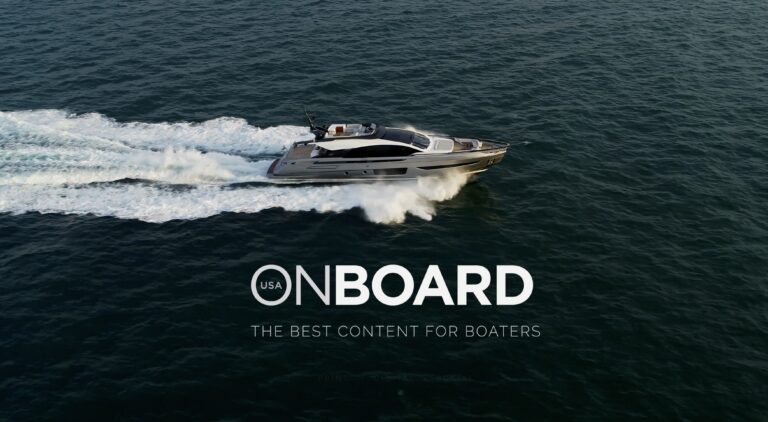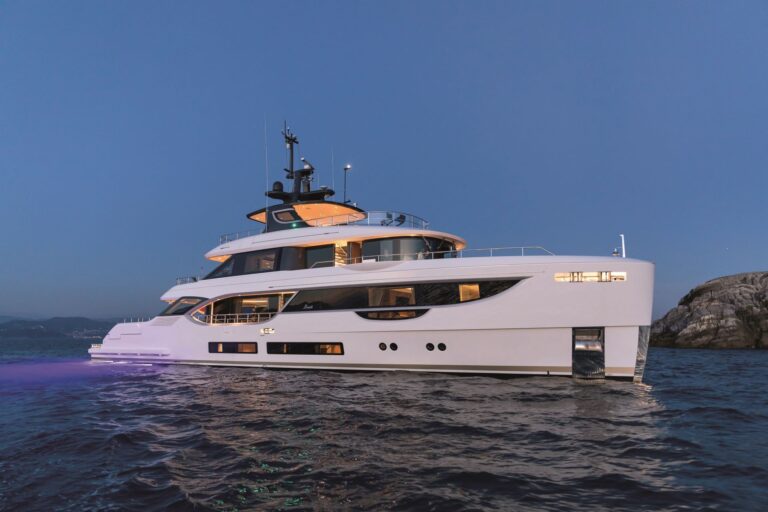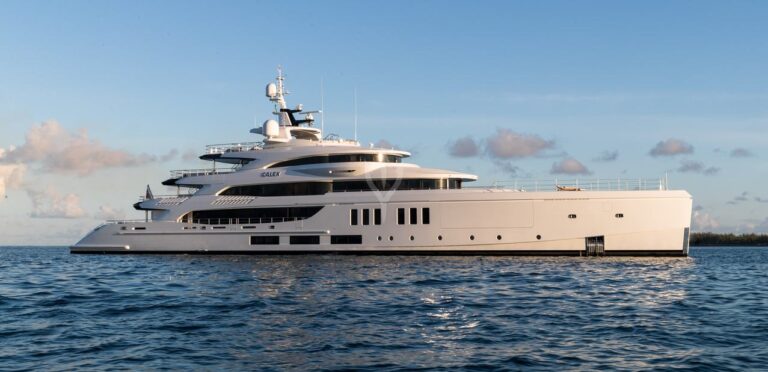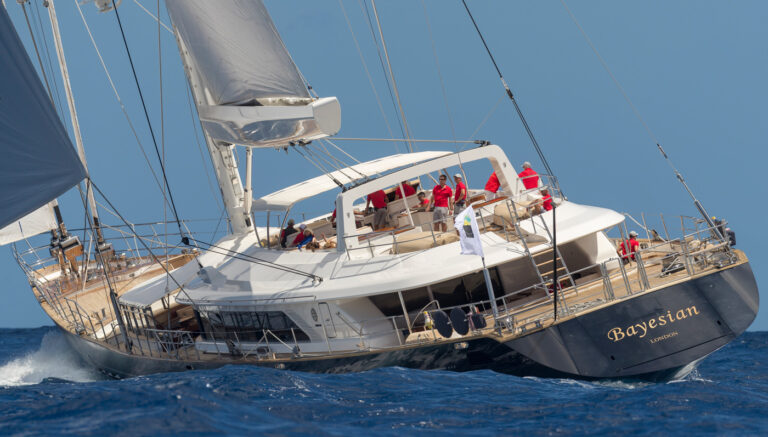One of the primary drivers behind the adoption of electric propulsion in vessels is the desire for sustainable navigation. Traditional combustion engines, powered by fossil fuels, emit harmful pollutants and contribute to marine pollution. Electric propulsion offers a cleaner and more environmentally friendly alternative. By harnessing electricity from renewable sources such as solar or wind, vessels can operate with zero emissions, reducing their carbon footprint and minimizing their impact on marine ecosystems.
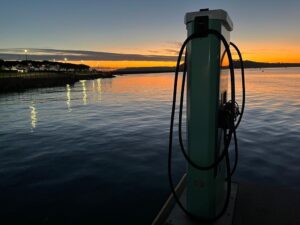
The evolution of battery technology is at the heart of the future of electric propulsion. Lithium-ion batteries have advanced significantly in recent years, offering higher energy density, longer lifespan, and faster charging capabilities. These improvements translate to longer navigation ranges and shorter charging times for electric vessels. As battery technology continues to advance, we can expect increased efficiency and performance of electric propulsion systems.
The challenge of limited autonomy and long charging times has been an obstacle for electric vessels. However, recent innovations are overcoming these limitations. Electric vessels now have systems that provide greater autonomy, allowing longer journeys without frequent recharging. Additionally, fast-charging infrastructure is expanding, enabling vessels to recharge quickly at marinas or designated charging stations. These advancements are making electric navigation a more practical and convenient option for mariners.
While fully electric vessels are gaining popularity, hybrid propulsion systems are also on the rise. Hybrid systems combine electric motors and traditional combustion engines, providing mariners with flexibility and reliability. Electric propulsion can be used for short and environmentally friendly trips, while the combustion engine can be activated for longer journeys or emergencies. This hybrid approach ensures that mariners have options and can adapt to the use of various propulsion models.

Integrating smart technology is another promising aspect of the future of electric propulsion. Electric vessels are increasingly equipped with sophisticated onboard monitoring systems that provide real-time data on battery levels, energy consumption, and performance metrics. This information allows mariners to optimize their navigation plans, ensuring they have enough energy to reach their destinations and manage energy usage efficiently.
To enhance efficiency and performance, boat designers are turning to lightweight materials such as carbon fiber and advanced composites. These materials reduce the vessel’s weight, resulting in greater efficiency and extended range. Lighter vessels require less power to move through the water, reducing energy consumption and environmental impact.
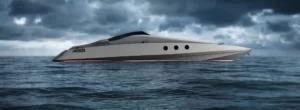
Furthermore, as governments worldwide implement stricter environmental regulations, the maritime industry is pressured to reduce its emissions. Electric propulsion aligns with these regulations and offers a viable solution to meet stringent environmental standards. Mariners can anticipate a future in which electric vessels become a mandatory requirement on certain waterways, further driving the adoption of electric propulsion systems.
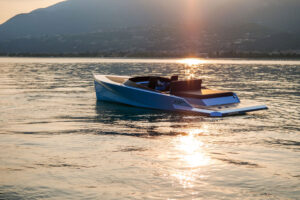
In summary, the future of electric propulsion in vessels is bright and promising. Electric propulsion is ready to dominate the maritime industry, with sustainable navigation at the forefront of advances in battery technology. These capabilities provide greater autonomy, hybrid systems, smart technology integration, lightweight materials, and stricter environmental regulations. Both mariners and manufacturers recognize the benefits of cleaner, more efficient, and environmentally friendly propulsion systems. As technology continues to evolve, we can expect electric vessels to become a standard choice, revolutionizing how we navigate and contributing to a healthier planet. The future of navigation is electric, and it appears brighter than ever.

